Racism: Reflections on this Moment
It's been a heavy couple of weeks. And I want to take this moment to extend strength, empathy, and solidarity to my Black readers.
I don't consider myself an "activist". And I admire those who have done, and are doing, this very important work fighting for a range of social, political, animal and environmental rights. I consider myself a quiet leader; leading by example, guided by my own internal compass of life values and a strong sense of priority and importance.
But with today's climate of racial injustice, occupying the quieter end of the spectrum could be mistaken for complacency, resignation, or outright racism. And if you spend any amount of time on the correct side of the social media fence (that is, surrounded by others who actively support, or educate others on, anti-racism), you too, might feel that tinge of doing wrong by not raising your voice and speaking out. As many of our Black leaders on racial justice express: Not being racist is not enough. We must actively be anti-racist.
STANDING IN SOLIDARITY
So I write to you, my clients and my community, in my own way - in a way that feels authentically me - to first express my support, and then in a second part of this series, to share how I choose to show up in my practice as an anti-racist Behavioral Food Therapist.
Most urgently, I write to express my unwavering belief that Black lives matter. I support the protests seeking justice for George Floyd, Ahmaud Arbery, Breonna Taylor, Eric Garner, and so, so many others who have been unjustly murdered or accused. And I stand behind BIPOC (Black, Indigenous, People of Color).
I acknowledge my white privilege. And I have been, and will continue to be, committed to listen, read, learn, support, and reflect more on my own blind spots and biases and how they show up in my personal life and when supporting my clients. If you are a fellow white person, join me in taking a hard look at our conditioned beliefs of (albeit unearned) privilege due to the color of our skin.
MY PERSONAL POSITION
As an expat living and working in Europe for 6 years, I've served clients in 3 countries, representing 12 nationalities. Since the age of 19, I have lived in Argentina, Guatemala, Swaziland, Switzerland and Spain. I've traveled through much of Western and Central Europe, North Africa, Central and South America. And through several intimate relationships, I've experienced the traumatic repercussions of racism and discrimination.
From these experiences I have felt, to a relatively miniscule degree, what it's like to be an outsider, the other; to not be automatically and unconditionally embraced, to be stared at because I don’t look like everyone else, to feel unsafe as a woman, to feel self-conscious speaking a foreign language that made it clear I was not native.
In NO way do these experiences allow me to understand the realities of a Black person or any marginalized group in our society. But it does give me greater empathy and compassion for the essential human need to feel heard, seen, and understood.
And it's this very human need that brought me to do this work in the first place. I am unequivocally committed to providing this to my clients, both so they have a safe space to land with unbiased and unconditional support, but also so they see modeled for them what they'll learn to provide for themselves.
We can't offer compassion, acceptance, and respect to others until we offer it to ourselves.
In the second part of this series, I will explore the link between racism, weight discrimination, and the diet mentality that permeates our society. And I will share the mindset psychology models I am committed to using because they help my clients navigate their healing journey while equally giving voice to their personal and unique experiences with racism and/or body discrimination.
